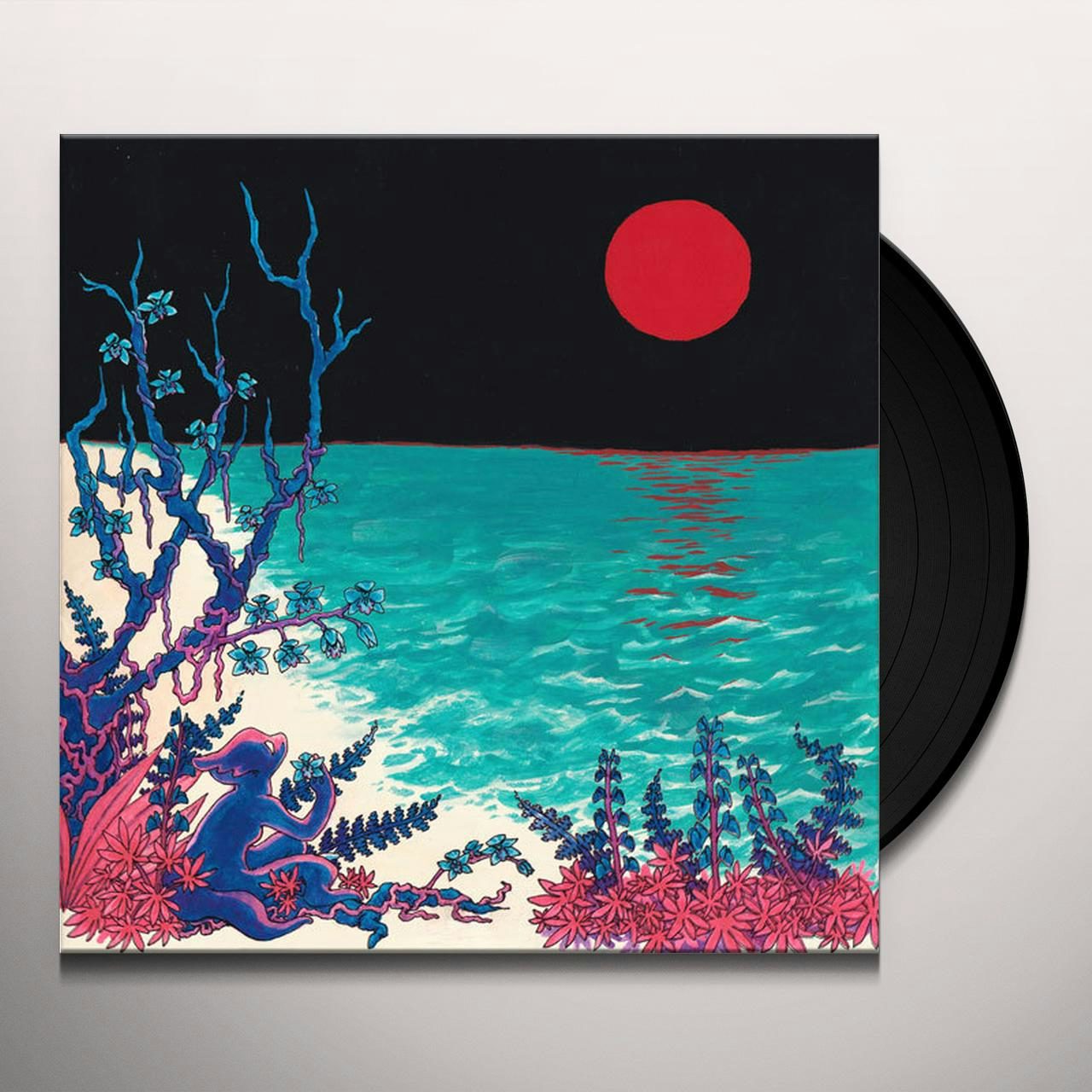

Each of them also juggle a number of paid and unpaid gigs in the entertainment industry - film, music, graphic design, and the occasional 60-hour weeks in a warehouse that allow them to pursue said unpaid gigs. “But when people in LA say it, I’m like…” - “Fuck you!” the others shout in unison, replicating the gang vocals that occasionally punctuate The First Glass Beach Album. “When people in Texas say, ‘Texas sucks,’ I’m like, ‘Yeah!’,” J. and recently inducted guitarist Layne Smith moved from Texas, while Jonas and William met as college students in Minnesota, middle American states they hated while living there and now feel an odd obligation to defend. Online as they are, Glass Beach are a quintessential Los Angeles band, or at least the quintessential band of Los Angeles transplants. The First Glass Beach Album was created through this process over the span of three years by the core trio of J., Jonas, and drummer William White, with some of the songs dating back even further. describes it, “OK, let’s do this as a jazz song all the way through, let’s do this as a punk song, let’s do this as a funk song.” The First Glass Beach Album is a painstakingly sequenced hour of prog-like song suites, hypercolored pop-punk bursts, and glitchy interludes unified by the band’s staggering virtuosity - they’re like a jam band that can cover their own songs in a dozen different styles because that’s how their songs are actually written. I have trouble taking those acts in more than 10 minutes at a time.īy comparison, the album-oriented approach of Glass Beach is downright quaint. Thrilling as that music tends to be, it often has the chaotic quality of mash-ups, an indiscriminate soundclash that replicates the internet’s information overload at that very moment in a way that’s both exhilarating and ultimately ephemeral. “Artists like that are reflecting a lot of the stress that is a result of how we perceive and interact with people,” bassist Jonas Newhouse adds. In our conversation, Glass Beach consider how they fit alongside the more prominent examples of “very online” artists like JPEGMAFIA, 100 gecs, or Death Grips. “It’s a lot,” DeVille helpfully clarified. “Glass Beach” and “Dallas” are separated only by a minute or so Stars Of The Lid-style ambient drone. Meanwhile, the shapeshifting seven minutes of “Dallas” could pass for a remix EP where Boards of Canada and Blanck Mass take turns on the same song. Or maybe if the Unicorns wrote a post-rock symphony about a jazz band that goes to war with a synth-pop band.” And even that might have been underselling it - the shapeshifting seven minutes of “Glass Beach” imagines a seapunk reshoot of Through Being Cool.

Yoshis island glass beach Pc#
In Stereogum’s Best New Bands Of 2019 feature, Chris DeVille compared it to “peak-eccentricity of Montreal reimagined as peak-audacity fourth-wave emo and then remixed by peak-accessibility PC Music. Glass Beach’s mindblowing first album - appropriately titled The First Glass Beach Album - is quite intentionally designed to make good on J.’s claim. “‘Oh, here’s a video of a cute puppy,’ and then a mass shooting and, ‘That band sucks.’ The whiplash is something I feel and, intentionally or not, our music and other recent ‘post-internet’ musicians embody.” But ask the infectiously gleeful quartet where they live spiritually, sonically, and socially, it’s all the same answer: “online.” “Us, and people who are online as us, get information about the outside world from our Twitter feed or Facebook and there’s no structure or narrative to it,” frontperson J. For the sake of technical accuracy on their Bandcamp tags, Glass Beach identifies as a Los Angeles “post-emo” group.


 0 kommentar(er)
0 kommentar(er)
